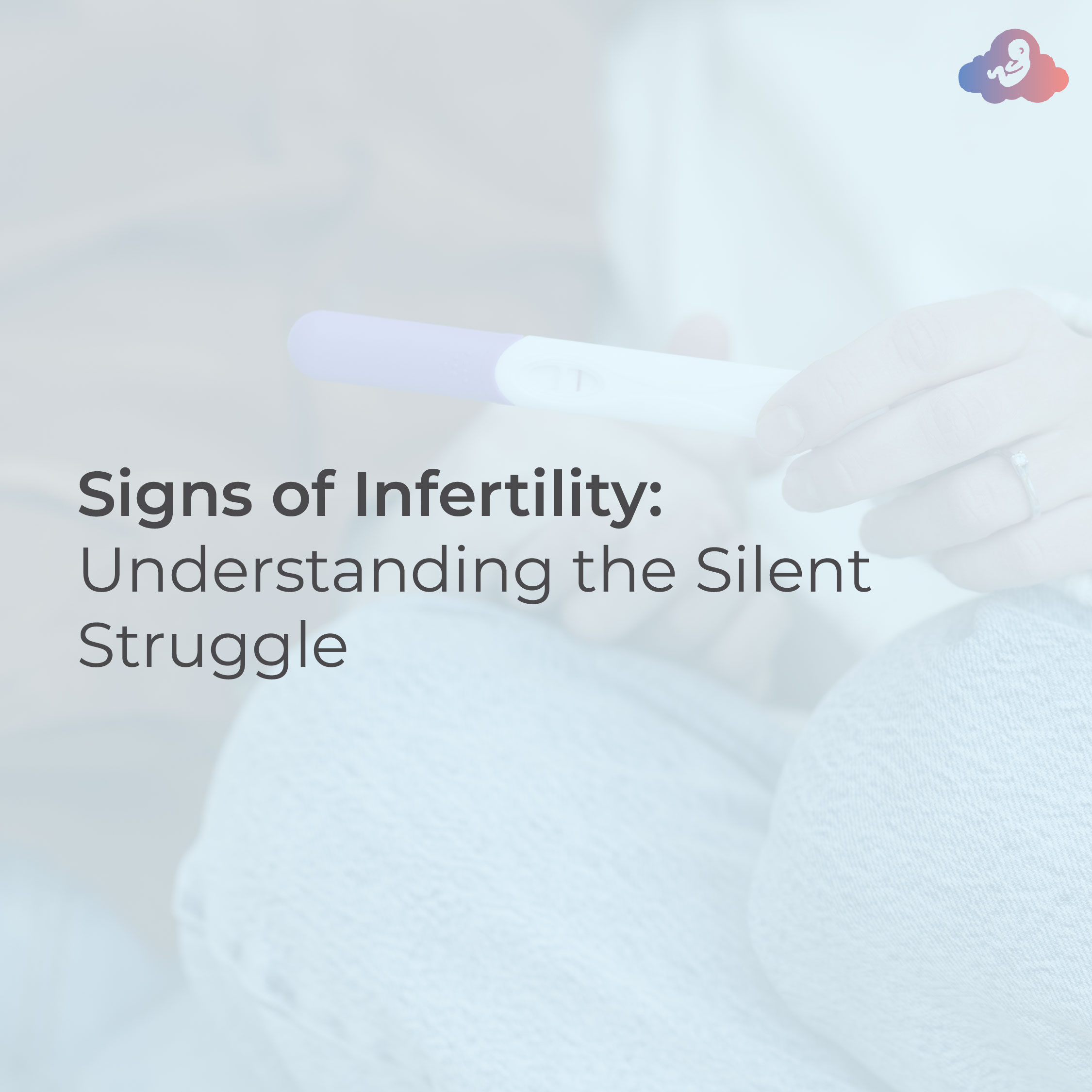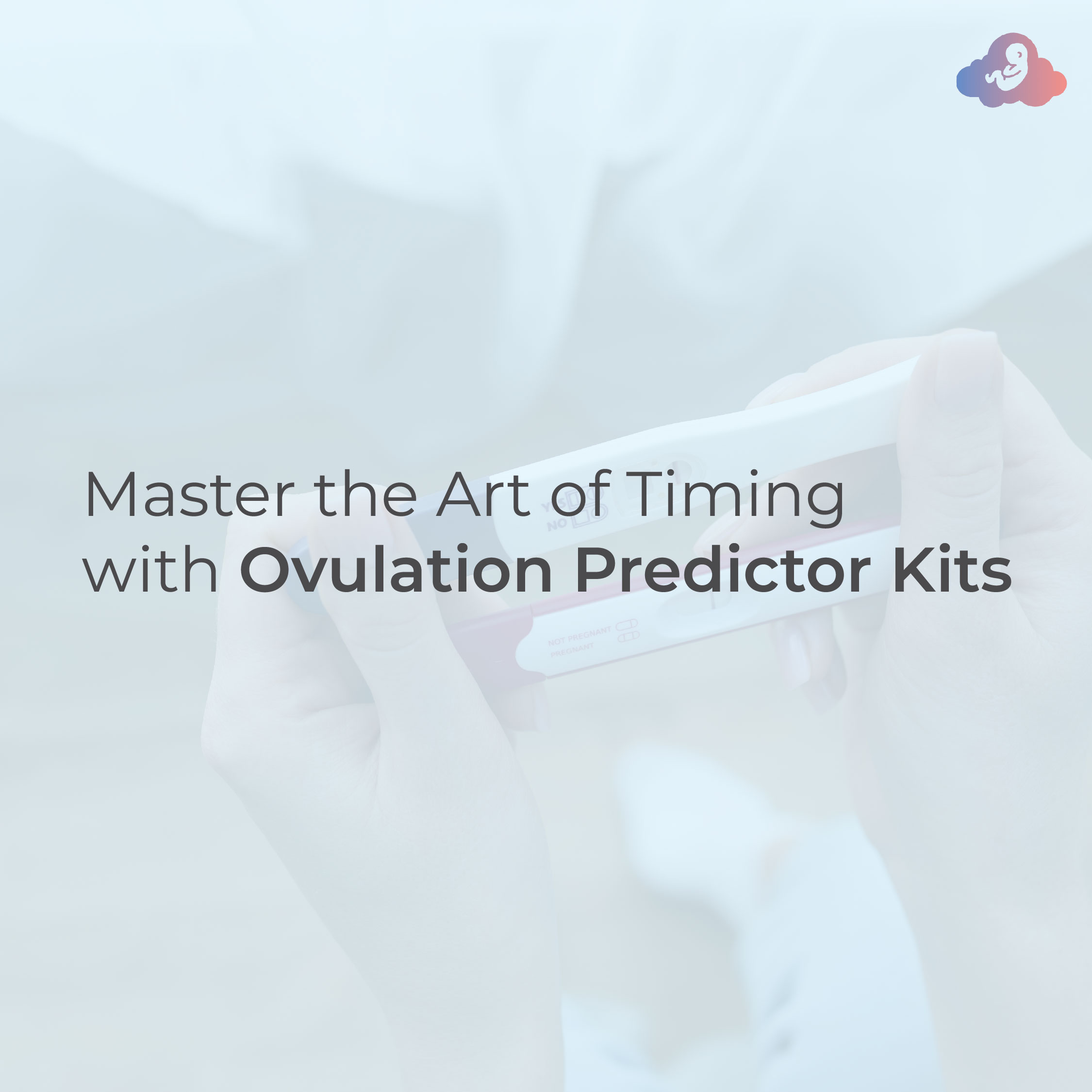Understanding Infertility

Infertility is a complex and deeply personal journey that can affect individuals and couples who long to conceive a child. The signs of infertility can be subtle and often go unnoticed until the desire to start a family becomes a reality. In this comprehensive guide, we will explore the signs of infertility, shed light on common indicators, address frequently asked questions, and discuss potential solutions. Whether you are just beginning to navigate the world of fertility or seeking answers after unsuccessful attempts, this article aims to provide valuable insights and support.
The Silent Struggle: Signs of Infertility
Infertility can be a challenging experience, both emotionally and physically. Understanding the signs of infertility is crucial for anyone trying to conceive. Below are some common indicators that may point to potential infertility issues:
- Irregular Menstrual Cycles: Women with irregular periods may have difficulty ovulating regularly, making it more challenging to conceive.
- Painful or Heavy Periods: Excessive pain or unusually heavy menstrual bleeding can be a sign of an underlying condition that affects fertility, such as endometriosis or uterine fibroids.
- Hormonal Imbalances: Fluctuations in hormone levels, such as elevated prolactin or reduced progesterone, can disrupt the ovulation process and impact fertility.
- Absence of Menstruation: The absence of menstruation, known as amenorrhea, can indicate a hormonal imbalance or other reproductive issues that affect fertility.
- Painful Intercourse: Pain or discomfort during intercourse may be caused by conditions like endometriosis or pelvic inflammatory disease, potentially leading to difficulties in conceiving.
- Abnormal Semen Analysis: For men, an abnormal semen analysis that shows low sperm count, poor motility, or abnormal morphology can be indicative of infertility.
- Age: As women age, the quality and quantity of their eggs diminish, leading to a decrease in fertility. Advanced maternal age (typically considered after the age of 35) can increase the likelihood of infertility.
- Previous Pelvic Inflammatory Disease (PID): A history of pelvic inflammatory disease, often caused by sexually transmitted infections, can lead to scarring and blockages in the fallopian tubes, hindering the fertilization process.
- Chronic Illnesses: Certain chronic conditions, such as polycystic ovary syndrome (PCOS) or diabetes, can affect fertility by disrupting hormone levels or causing other reproductive issues.
- Multiple Miscarriages: Experiencing multiple miscarriages may indicate an underlying fertility issue that requires medical attention and evaluation.
Frequently Asked Questions
What are the primary causes of infertility?
Infertility can have various causes, including hormonal imbalances, structural abnormalities, reproductive organ disorders, genetic factors, and lifestyle choices. Consulting with a fertility specialist can help determine the specific cause and appropriate treatment plan.
How long should we try to conceive before seeking medical advice?
If you are under 35 years old and have been actively trying to conceive for a year without success, it may be advisable to consult a fertility specialist. If you are 35 or older, seeking medical advice after six months of unsuccessful attempts is recommended.
Can stress and anxiety affect fertility?
While stress and anxiety can affect hormonal balance and disrupt ovulation, there is no definitive evidence linking them directly to infertility. However, managing stress levels can contribute to overall well-being and may indirectly enhance fertility.
Are there lifestyle changes that can improve fertility?
Yes, certain lifestyle changes can positively impact fertility. Maintaining a healthy weight, exercising regularly, eating a balanced diet rich in fruits, vegetables, and whole grains, reducing alcohol consumption, quitting smoking, and managing stress levels can all contribute to improving fertility.
Can certain medications or medical treatments affect fertility?
Yes, certain medications and medical treatments can impact fertility. Chemotherapy, radiation therapy, certain prescription medications, and even some over-the-counter medications can have potential effects on fertility. It is important to discuss any concerns with a healthcare provider or fertility specialist to understand the potential impacts of specific medications or treatments.
Is infertility only a woman’s issue?
No, infertility can affect both men and women. Approximately one-third of infertility cases are attributed to female factors, one-third to male factors, and the remaining cases involve a combination of both male and female factors or are unexplained.
Exploring Potential Solutions
While infertility can be a challenging journey, there are several potential solutions and treatments available. It is essential to consult with a fertility specialist who can evaluate your unique situation and recommend the most appropriate course of action. Some common treatments and solutions for infertility include:
- Fertility Medications: Medications such as Clomiphene citrate (Clomid) or letrozole can help stimulate ovulation in women.
- Assisted Reproductive Technologies (ART): Techniques such as in vitro fertilization (IVF), intracytoplasmic sperm injection (ICSI), and intrauterine insemination (IUI) can help overcome fertility challenges by assisting with fertilization and implantation.
- Surgery: In certain cases, surgical procedures can address underlying issues affecting fertility, such as removing uterine fibroids, repairing blocked fallopian tubes, or treating endometriosis.
- Donor Options: For individuals or couples with severe infertility issues, using donor eggs, sperm, or embryos can be an option to achieve pregnancy.
- Adoption: For those unable to conceive naturally or through assisted reproductive technologies, adoption provides an alternative path to parenthood.
It is important to remember that each case is unique, and the best course of action will depend on individual circumstances. Consulting with a fertility specialist is crucial in exploring potential solutions tailored to your specific needs.
Conclusion
Navigating the journey of infertility can be overwhelming, but understanding the signs of infertility and seeking appropriate medical guidance can provide hope and support. Remember, infertility is not a reflection of personal failure, and there are numerous paths to parenthood. By recognizing the signs, seeking professional help, and exploring potential solutions, individuals and couples can find the support they need on their fertility journey.
To speak with our fertility specialist from the convenience of your home











